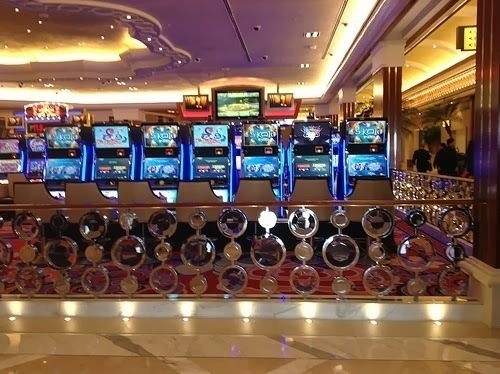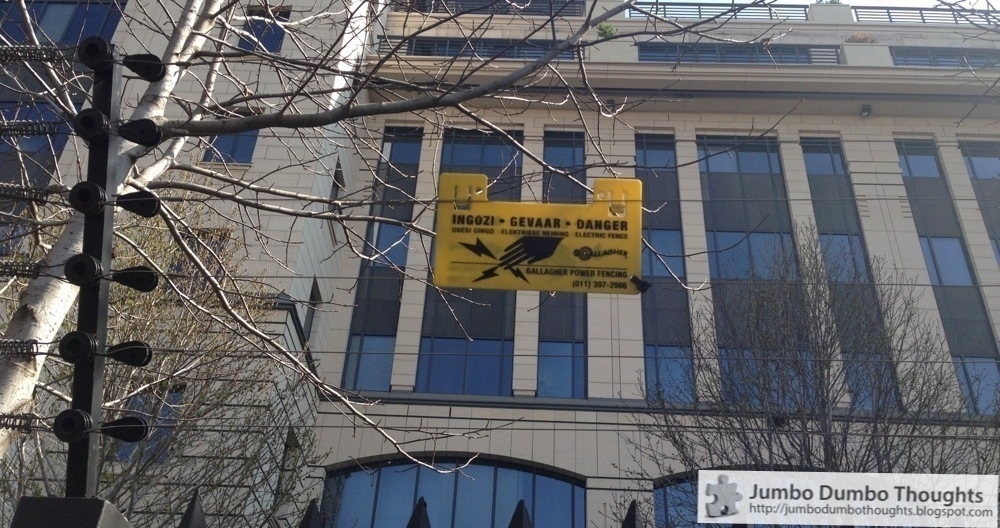👋 Hey there! I'm TJ. I write about data products, technology, software, and economics.
I'm a husband and father, living in Singapore, and from the Philippines. I explore data engineering and accounting at Titanium Birch.
On Traffic Accident Hotspots - EDSA and C-5
On the News: The Philippines is hitting the jackpot, and the cash is here to stay
This week in news: The Philippines posts large gaming revenue gains from recent resort and casino developments along Manila Bay, and the risk of capital flight remains relatively low amid prudent government finance and capital controls. Read more about them in this post.

New developments along the Manila bay, like Solaire in Pasay City, have boosted Philippine gaming revenues to significant levels, and more are likely to come as a large PAGCOR gaming complex is being built. (Photo: Flickr/Renzelle Mae Abasolo, CC-BY-2.0)
I’ve decided to restart my previous series highlighting notable pieces of news that don’t really make it into the headlines, but (at least for myself) merit attention and interest. It’ll mostly be about the Philippines, business, and economics, and a little humor in between.
Amidst the pork-barrel scam, its ensuing antics, the Zamboanga crisis, and a new revelation regarding the Corona impeachment, there are at least some things that Filipinos can be happy about: Our investments near the Manila bay have actually brought a significant amount of gambling revenue to our shores, and the economy is unlikely to be affected by the emerging markets crunch.
On the Effectiveness of Higher Sin Taxes
UPDATE (Sept 16 2014)
This post has been updated with 2014 Q2 data.
UPDATE (Dec 11 2013)
This post only uses data for the first two quarters of 2012. I’ve updated it with the latest 3rd quarter national accounts data in a quick new post, so you might want to check that out afterwards.

Around 1% of household expenditures go toward purchasing cigarettes. (Photo: Flickr/Bachmont, CC BY 2.0)
HOW EFFECTIVE ARE HIGHER SIN TAXES? Last year, President Aquino signed the Sin Tax Bill, raising the effective tax burden on sin products from 26% to 63% within 5 years. It had two goals: (1) raise revenue for the government, and (2) reduce cigarette consumption and negative externality. It’s now been half a year since the new taxes were implemented, and it’s a good time to assess how it’s been achieving its goals so far.
On Buying from Abroad through Philpost Express Mail Service (EMS)
On the Great Gatsby Curve and Electric Fences in South Africa
The Great Gatsby tells the story of a man who claws his way from rags to riches, but finds that wealth alone cannot provide him the privileges of those born in the upper class. On the economic side of things, a new and hotly debated idea, dubbed the Great Gatsby curve, encapsulates this anecdote in data. It illustrates the possibility that income inequality might lead to lower social mobility in a country.
An electrified city
Having recently gone to Johannesburg, South Africa to participate in a business case competition, I’ve of course taken the opportunity to explore the city as well. On our way to Sandton City, a shopping area, I began to notice that almost all of the beautiful buildings were nested in ominous, tall, and electrified fences:

Electrified fences tarnish the beauty of many of the buildings in Johannesburg’s Sandton business district
All this obsession with protecting private property made me wonder how much South Africa has managed to heal from the scars of Apartheid which, after all, only ended 19 years ago in 1994. Apartheid was a former policy of racial segregation in South Africa that caused huge disparities in the living conditions between blacks and whites in the country. It permeated everything from residential areas down to the public toilets.
On Annoying Elevator Companions
Elevator rides, despite being tediously mind-numbing moments spent avoiding awkward eye contact, are a necessary evil of city life, but sometimes, there are just some elevator companions that are bent on making your elevator rides even more of an annoyance than they already are. I’ve gone through my fair share of elevator rides, and would like to share four types of elevator companions that make me wish the doors cleave them in half (pardon the morbidity, it’s just hyperbole). If you’ve read my post on annoying drivers you’ll see that there are many things that annoy me.
Let’s see if you agree with me.